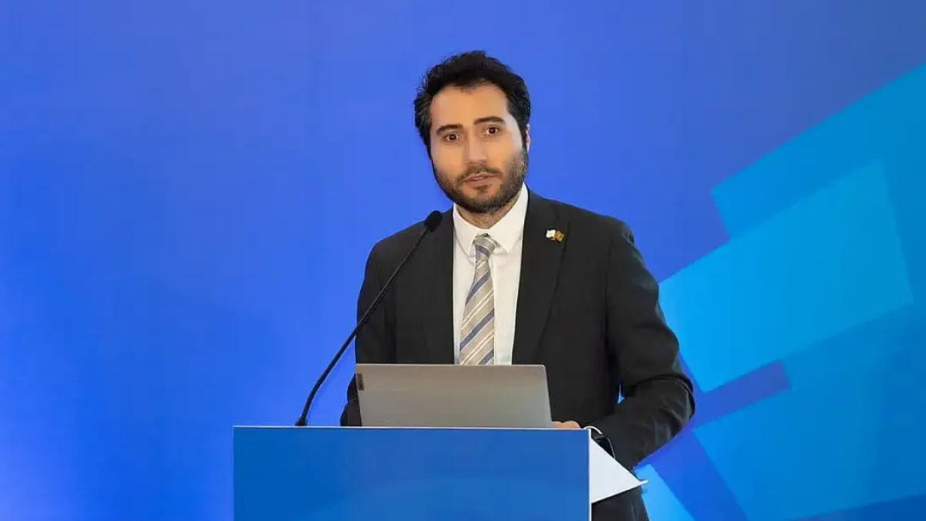
In a recent post on the social media platform X, Erdem Ataş, the World Bank Country Economist and Resident Coordinator for the Maldives, highlighted the country’s significant economic vulnerabilities. According to Ataş, these challenges stem from a combination of substantial debt accumulation over the past decade and persistently high fiscal and current account deficits.
Ataş emphasised that the ongoing economic growth or additional financing alone would not suffice to resolve these issues. Instead, he advocated for essential expenditure cuts to reduce both fiscal and current account deficits. These measures, he noted, are crucial for supporting the Maldives Monetary Authority (MMA) reserves and improving the country’s debt situation in the medium term.
The Maldivian economy has seen substantial growth in the tourism sector, which is a key driver of economic activity. However, this growth has not been enough to offset the high levels of debt and deficits. The World Bank’s Maldives Development Update indicates that public and publicly guaranteed debt rose from 78.8% of GDP at the end of 2019 to a staggering 146.1% at the end of 2020. The fiscal deficit also increased sharply, exacerbated by the COVID-19 pandemic, which significantly impacted government revenues and expenditure patterns.
The government of Maldives has acknowledged these challenges and has been working on implementing fiscal reforms to address them. These reforms include measures to enhance revenue collection, improve public financial management, and control public spending. The World Bank has been supporting these efforts, recognising the importance of robust fiscal reforms to ensure sustainable economic recovery and resilience.
Ataş’s call for fiscal prudence and expenditure cuts aligns with the broader strategy advocated by international financial institutions to ensure economic stability and sustainability in the Maldives. As the country navigates these economic challenges, the focus remains on implementing effective fiscal policies to mitigate risks and support long-term growth.











